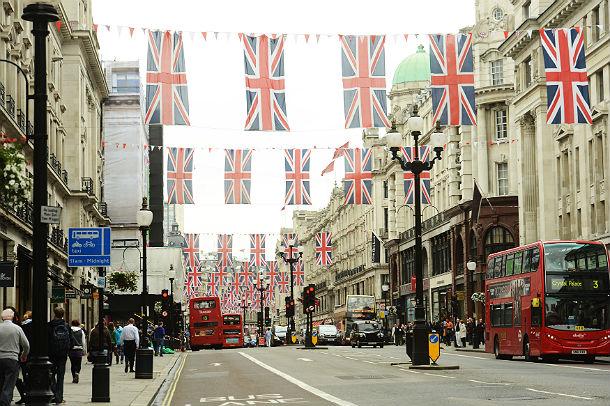STOP TO EU WORKERS?
Mons. Patrick Lynch, in charge of migrations for the Catholic Church of England and Wales, on Minister May’s claims

A firm appeal not to generalize, to be precise in the terms and proposals and to not cause further confusion among the population because the question of migrants is complex and delicate and with no easy solution. It is the opinion of the auxiliary bishop of Southwark, monsignor Patrick Lynch, in charge of migrations for the Catholic Church of England and Wales. Theresa May, Britain’s minister of Interior, sparked off a hot debate after her op-ed in the Sunday Times in which she called for a review of freedom of movement in the EU, and to permit to permanence in Great Britain only to those with a job, thereby closing the doors to unemployed migrants arriving in increasing numbers on the island, according to the government. The words of the English Interior Minister adds fuel to a volatile situation that is putting a strain on governments and on the European Union, as if the daily news of immigrants dying along the migratory routes to Europe from the Middle East and Africa were not bad enough. The EU has tabled a special summit on the migrants’ emergency for September 14. Reconsidering the Treaty of Dublin is likely to be an item on the agenda. Clarity in terms and proposals. Bishop Lynch, reached by telephone in Southwark, immediately said that “the first thing to do now is to ask for a meeting with the Minister in charge of migrations to understand what Minister May actually intended. I attentively read what the minister wrote on the Times but I found it to be vague. We need to understand what the Minister meant when she spoke of ‘only migrants with jobs’, and learn the details of this proposal”.In her editorial Minister May considers the current situation of migrants “unsustainable”, as it “puts pressure on infrastructure, such as housing and transport – and public services, such as schools and hospitals”.For the minister, net migration from within the EU has more than doubled since 2010, and “that is why this government’s renegotiation of Britain’s relationship with the EU is so important” “.Clear distinctions need to be made also as regards the situation in Great Britain – remarked bishop Lynch – instead of speaking of migrants in general terms, also because this approach only creates further confusion. We need to distinguish between refugees and asylum-seekers, between international students and workers, between EU and extra-EU migrants. It’s very important to draw up separate categories. What we are asking is to be as clear as possible before making a statement or a proposal. And it should be recognized that at times also the press doesn’t help to get a clear picture”. It’s time to work together. Bishop Lynch pointed out that the issue of migration is strictly linked to the larger problem of human trafficking. Then there is the major, painful issue of war refugees: “We are asking that ministers of European countries take a joint decision on future actions. Borders are not the solution and Europe as a whole must find an answer to this problem. Children and women with children are also a problem”.It’s time – the bishop underlined – that “European governments work together in a spirit of solidarity”.The same applies to European Churches. “My hope is to meet as soon as possible my counterpart bishops in France, Belgium, Germany to cooperate for a joint commitment, encouraging our respective governments to do the same”. There are no easy solutions. In a statement released a few days ago bishop Lynch spoke of a major challenge as well as of the “shared responsibility to make the world a better place to live in”.On that occasion, he invited politicians, government and opinion leaders to closely examine the causes that lead migrants to leave their home Countries, i.e. armed conflicts and civil wars; unfair economic policies; poverty and corruption. All of these reasons lead the most vulnerable persons to become the victims of ruthless traffickers. “The ongoing migration crisis is complex – Lynch went on – there are no easy solutions for governments, for non-governmental organizations, religious groups and charity associations working at local level”.However, “everyone should be encouraged to work together to give an answer” that is adequate to the ongoing situation of emergency.